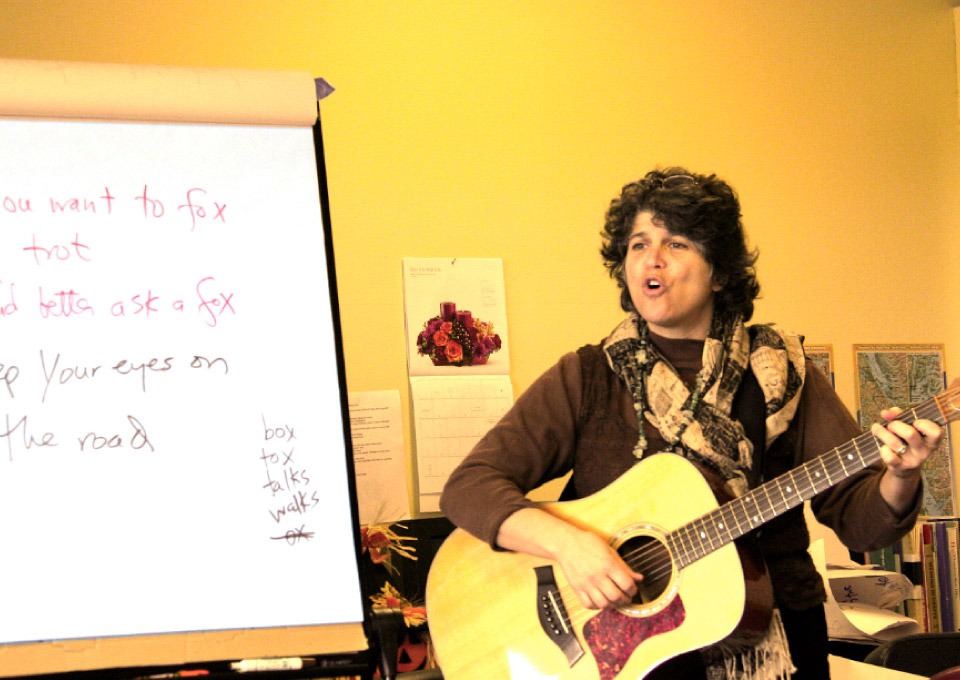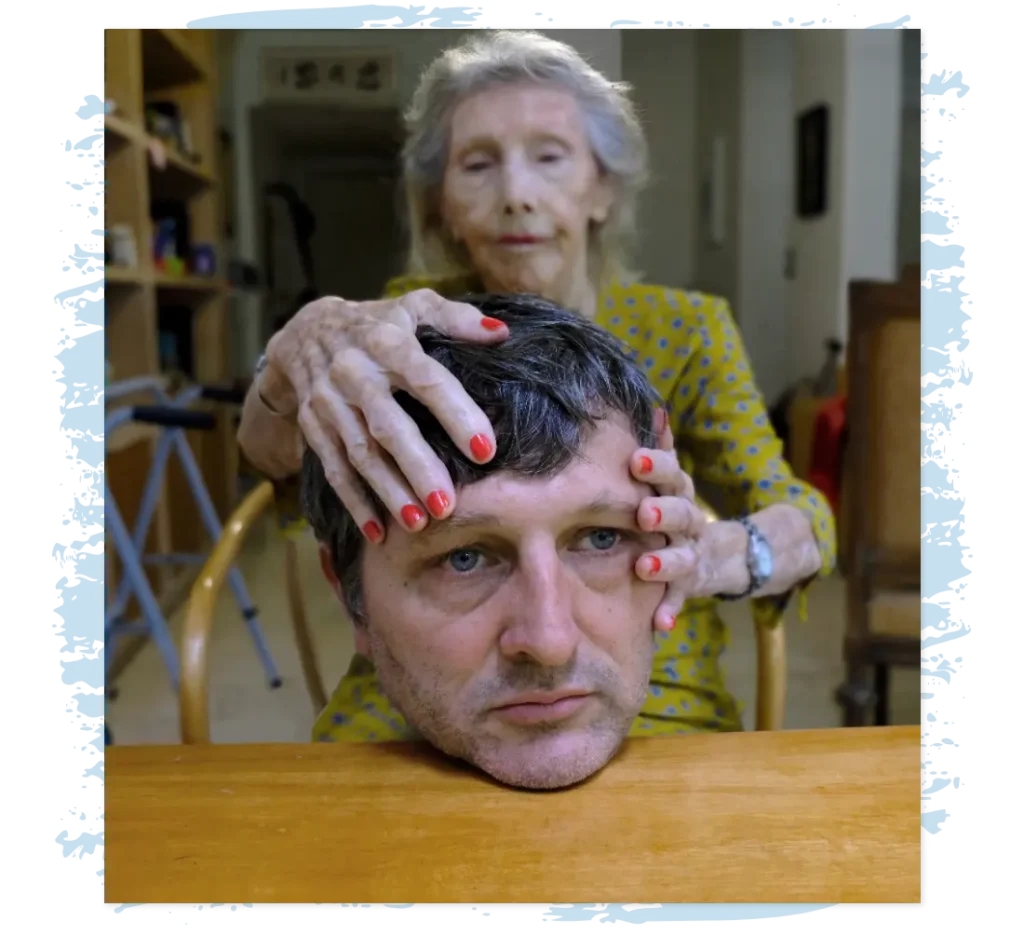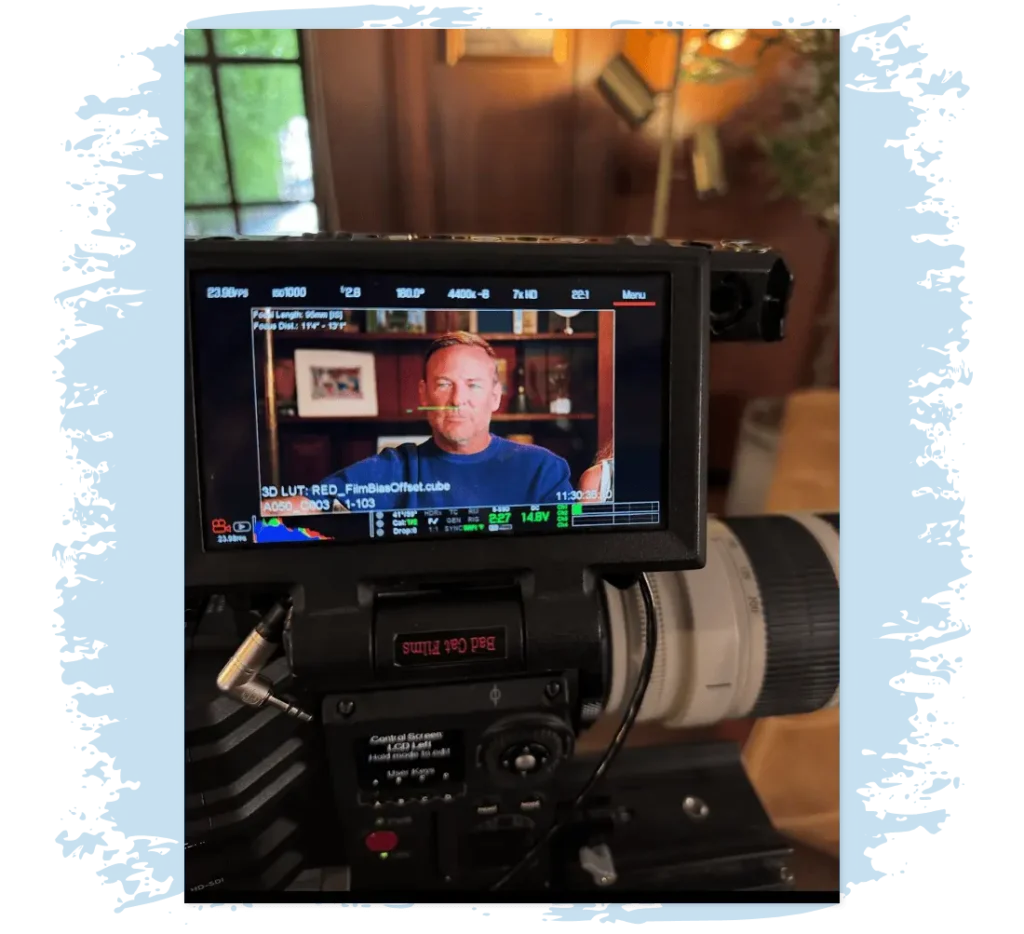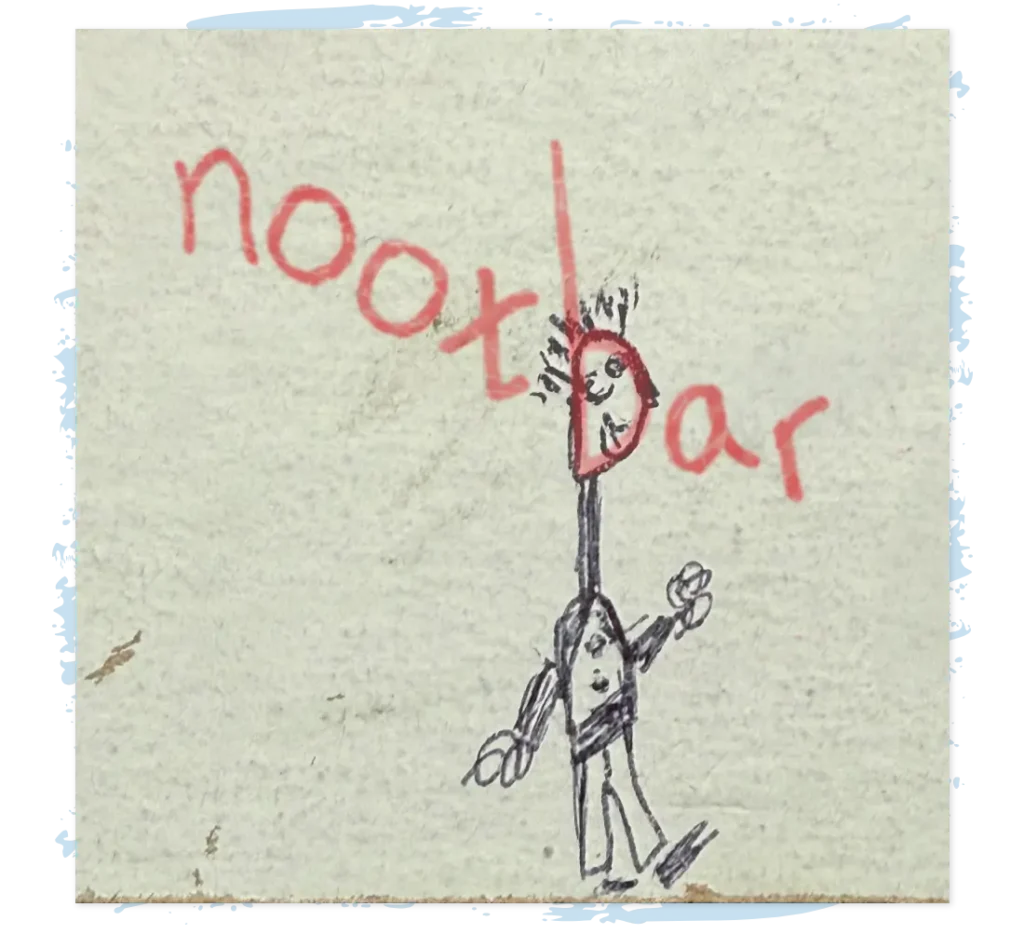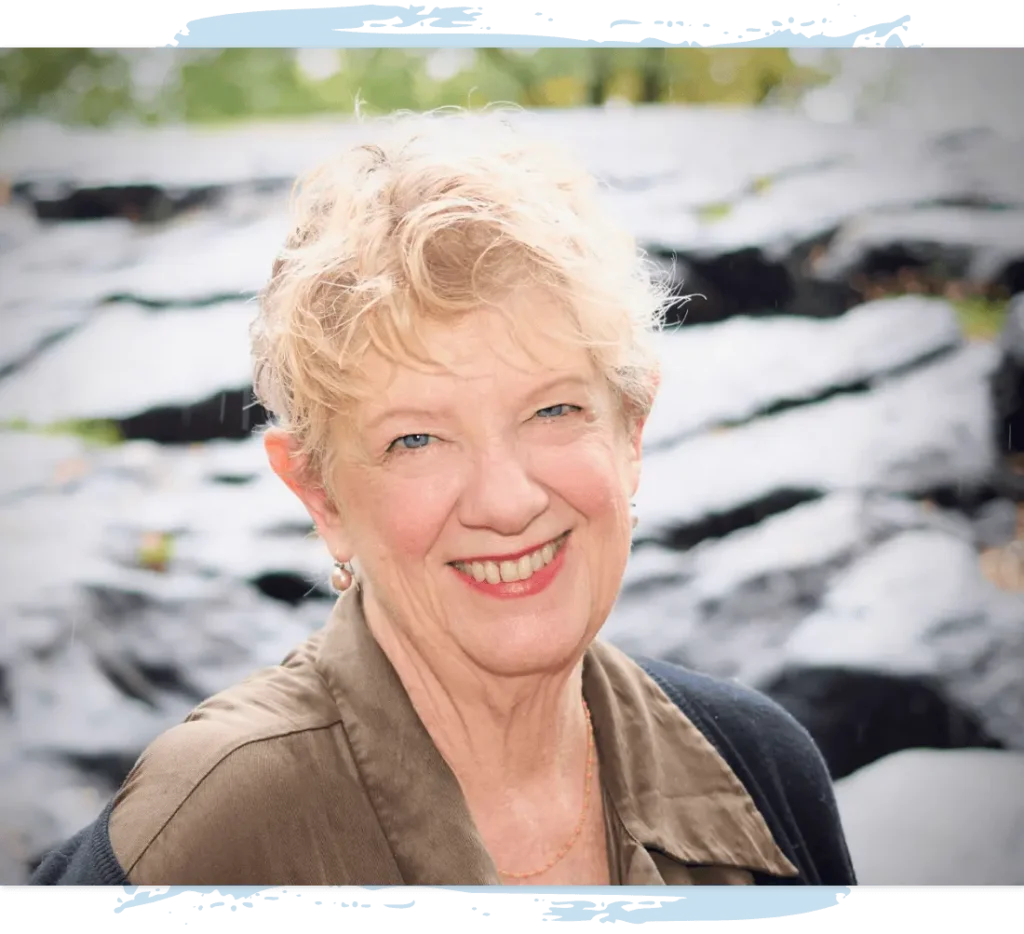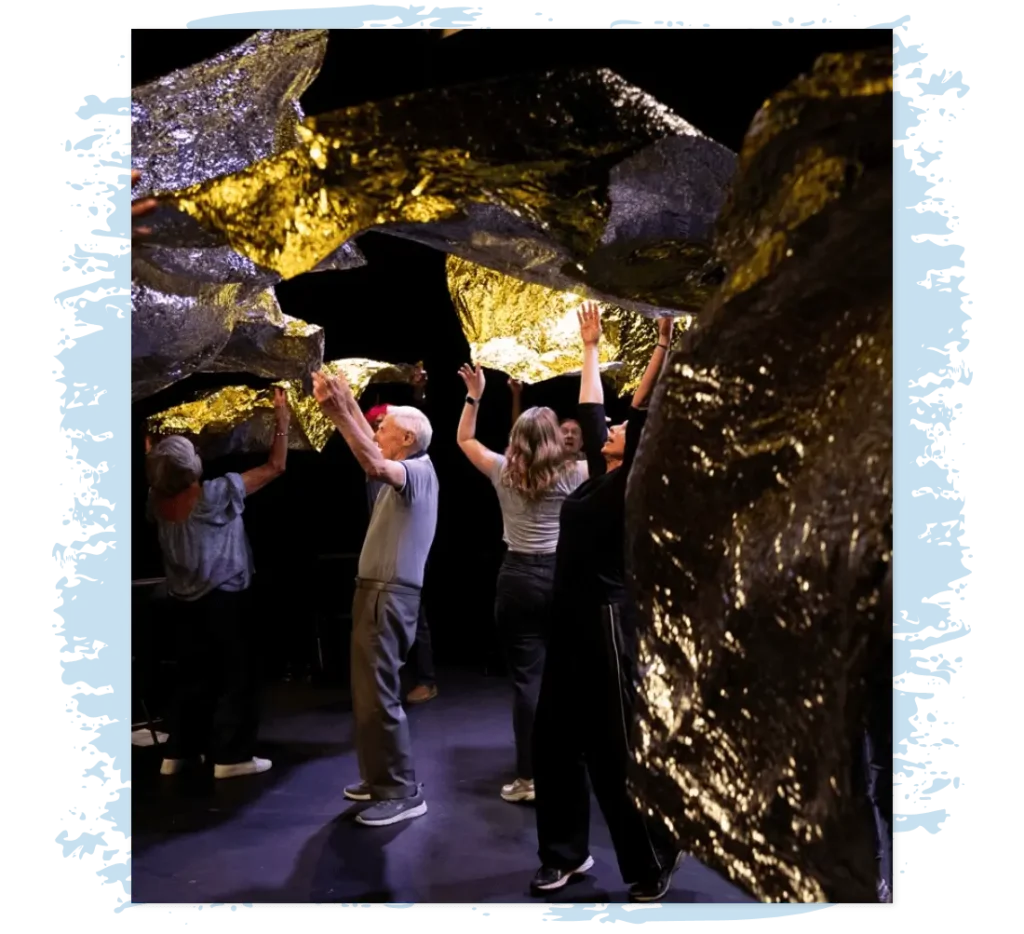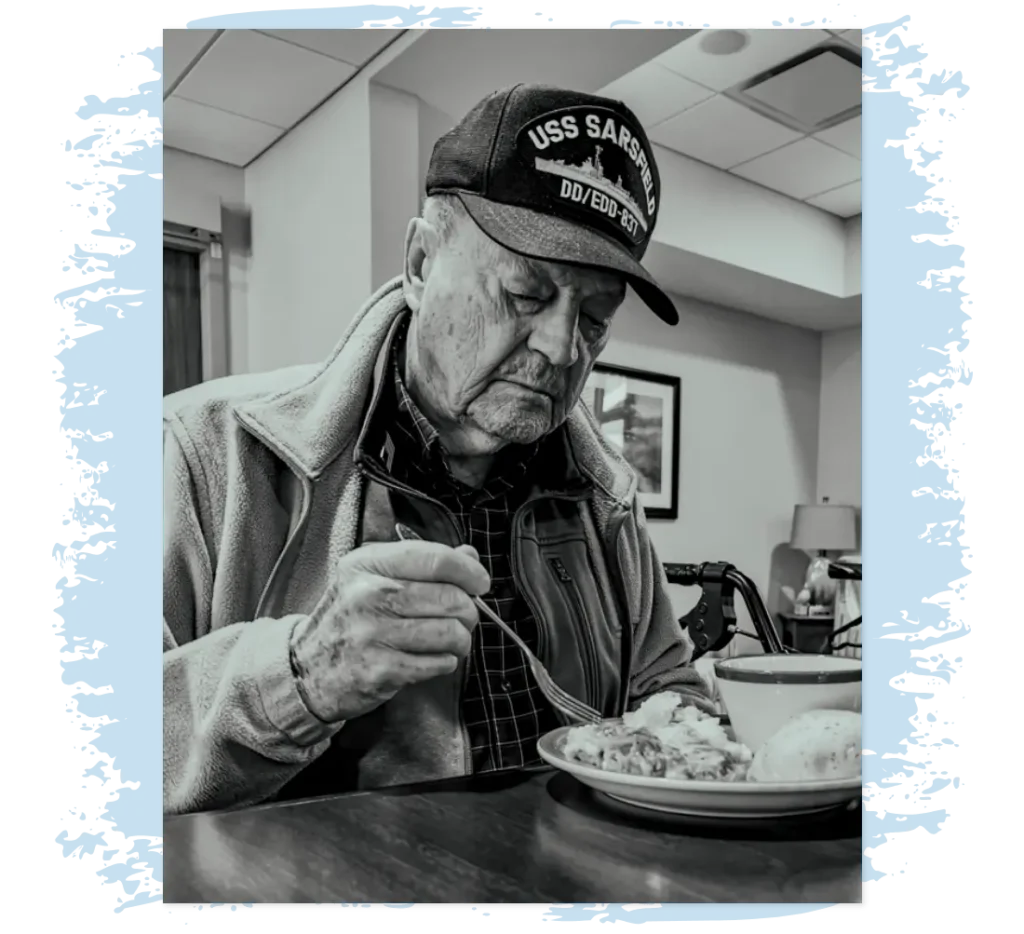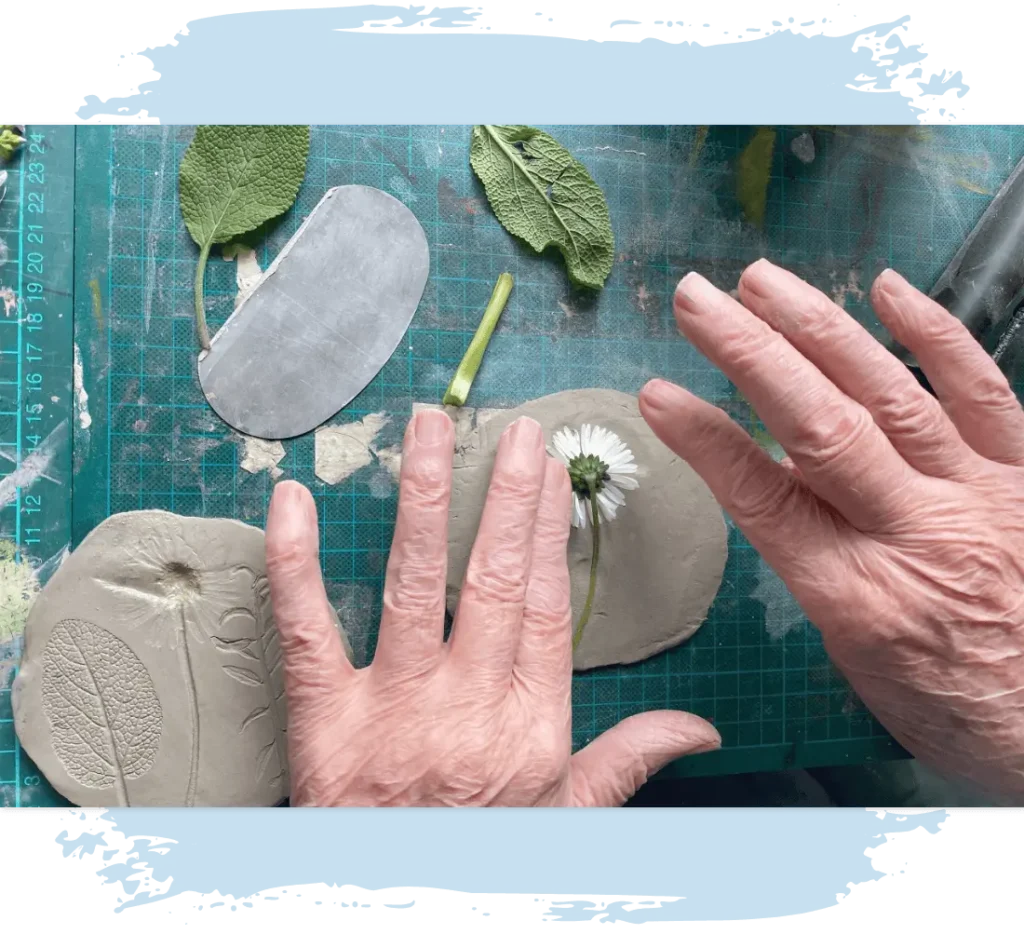‘Everybody has music in them,’ says Judith-Kate Friedman, founder of Songwriting Works™ Works and the Songwriting Works™ Educational Foundation, a truly unique and inspirational program where people with dementia of all types work together in groups to compose original songs and then sing them together. Yes, you heard that correctly… folks with dementia collaborating, composing and singing original songs together!
Everything about Judith-Kate Friedman is infectious: her enthusiasm, her advocacy for the power of song, music and dance for people with memory loss, and the joy she brings to families and care partners struggling with dementia. Especially as speech and language begin to fade.
‘If you can’t have a regular, linear conversation anymore, there’s a bunch of other ways to have a conversation: rhythmically, with images, with sound, with gesture,’ she says. And research has shown this to be true. Long after the speech centers in the brain have given up, music, song, movement, and art continue to inspire, elicit emotional responses and engage people with dementia in ways we are just beginning to understand today. As Judith-Kate reminds us, ‘Music is one of the last pieces of connection to go.’
SongwritingWorks is an artist-run organization made up of professional songwriters that serve their communities as front-end facilitators – working with persons of all ages across the cognitive, physical, functional and emotional continuum. Their goal is to have two songwriter facilitators in each state over the next several years. The focus is group work, ‘constellating’ a song as Judith-Kate likes to say.
‘Facilitators are looking to maximize the ways that people can interact. We see all kinds of communication, including with their loved ones, that no-one expects.’
Originally a songwriter out of college, Judith-Kate was also a community organizer on campus – so consensus building came naturally and is similar when songwriting with groups. As part of a grant with the San Francisco Institute on Aging, she was trained on how to work with older adults. When she had to do a project of her own, she was nervous. What to do? Her mentor told her, ‘You’re a songwriter, do what is most meaningful to you. Write songs with these people in the adult day care centers. Figure it out!’
Thirty plus years later she certainly has. Songwriting Works™ has expanded to serve a much larger dementia community, which was challenging at first but magical once it took off.
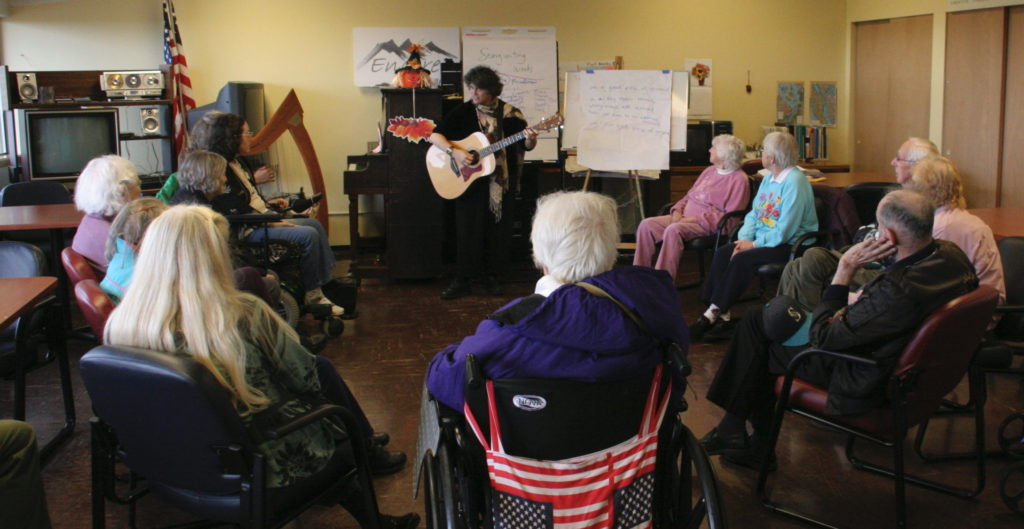
‘People with dementia are my teachers,’ she says. But you have to be patient, and trust your artistic self. ‘Lesson number one: the person is completely there, they’re totally relating to their story. It doesn’t matter that they can’t recall all the words of the song, what matters is how they are relating to the story.’
Songs written by groups might include imagery of vacation spots, wartime experiences, growing up or famous people they have known. It’s important to not prejudge the room’s capabilities, she says. As a facilitator and artist working with dementia, you have to ‘be yourself, and just be present with a very open mind. Bring all your skills, as much patience as you have, hold the space and see what works.’
Two key success factors for the work are ensuring there is buy-in from senior administrators wherever one is working, and there’s enough time to be set aside to let the magic happen. 30 minutes is too short, even 60 minutes is not always enough!

